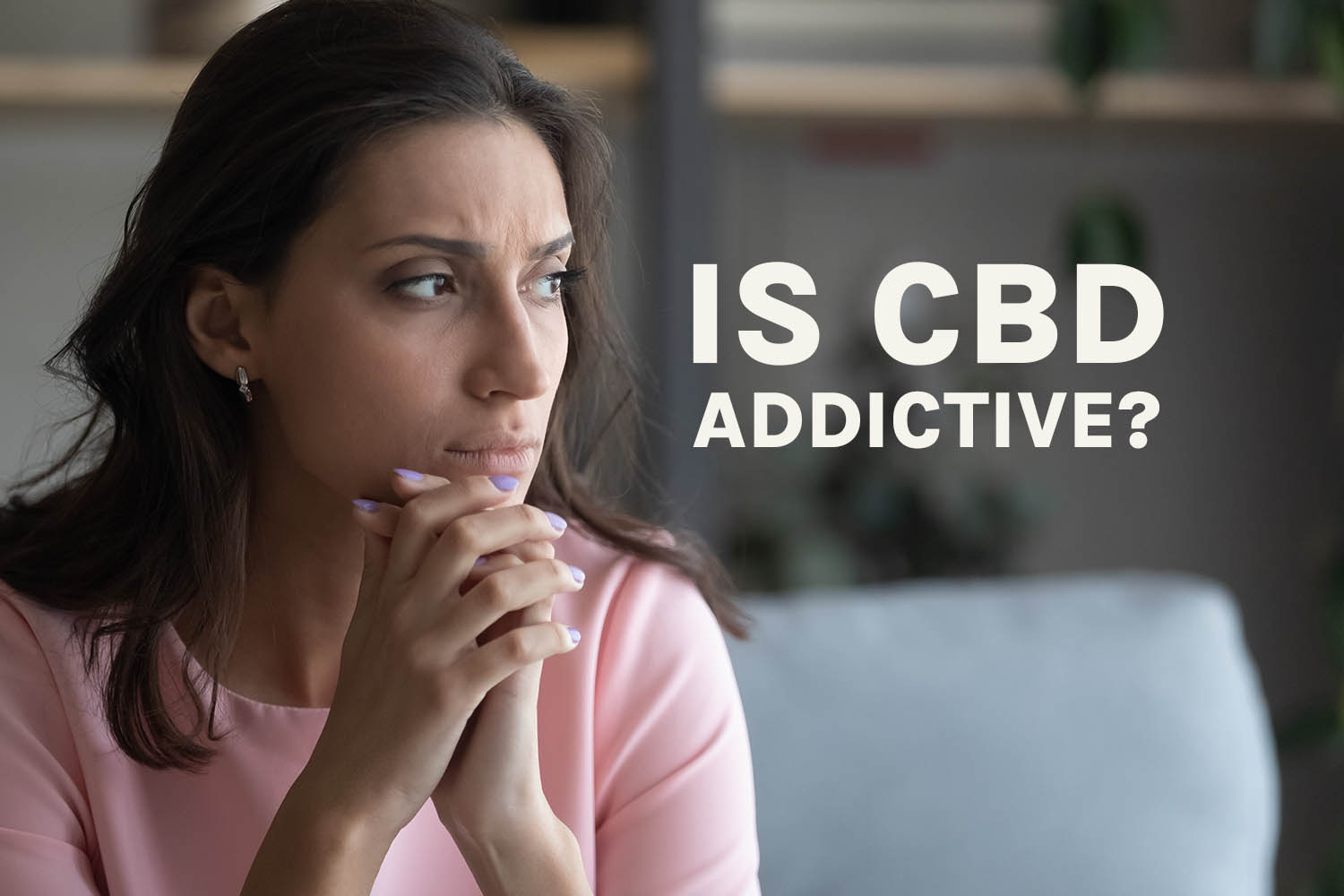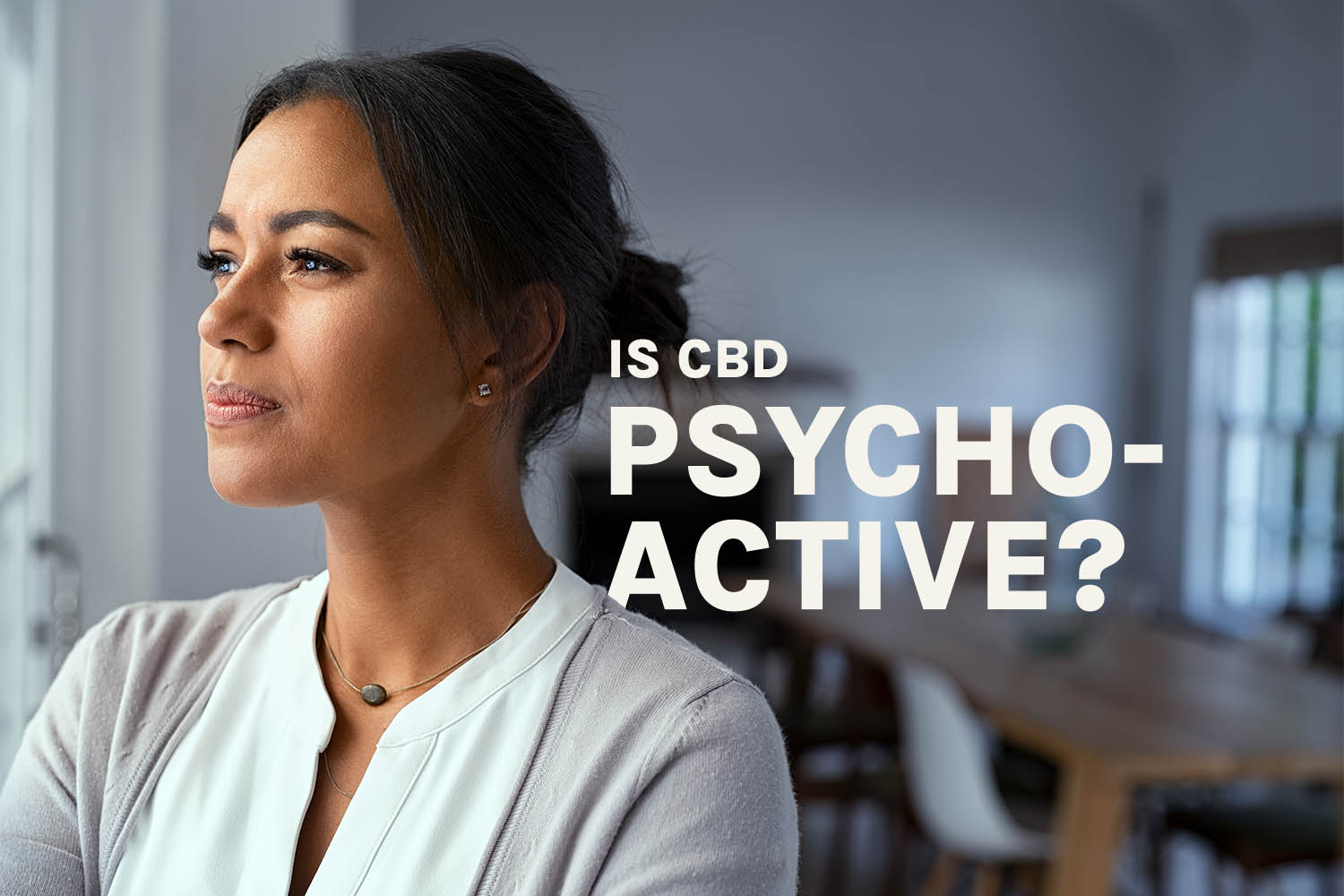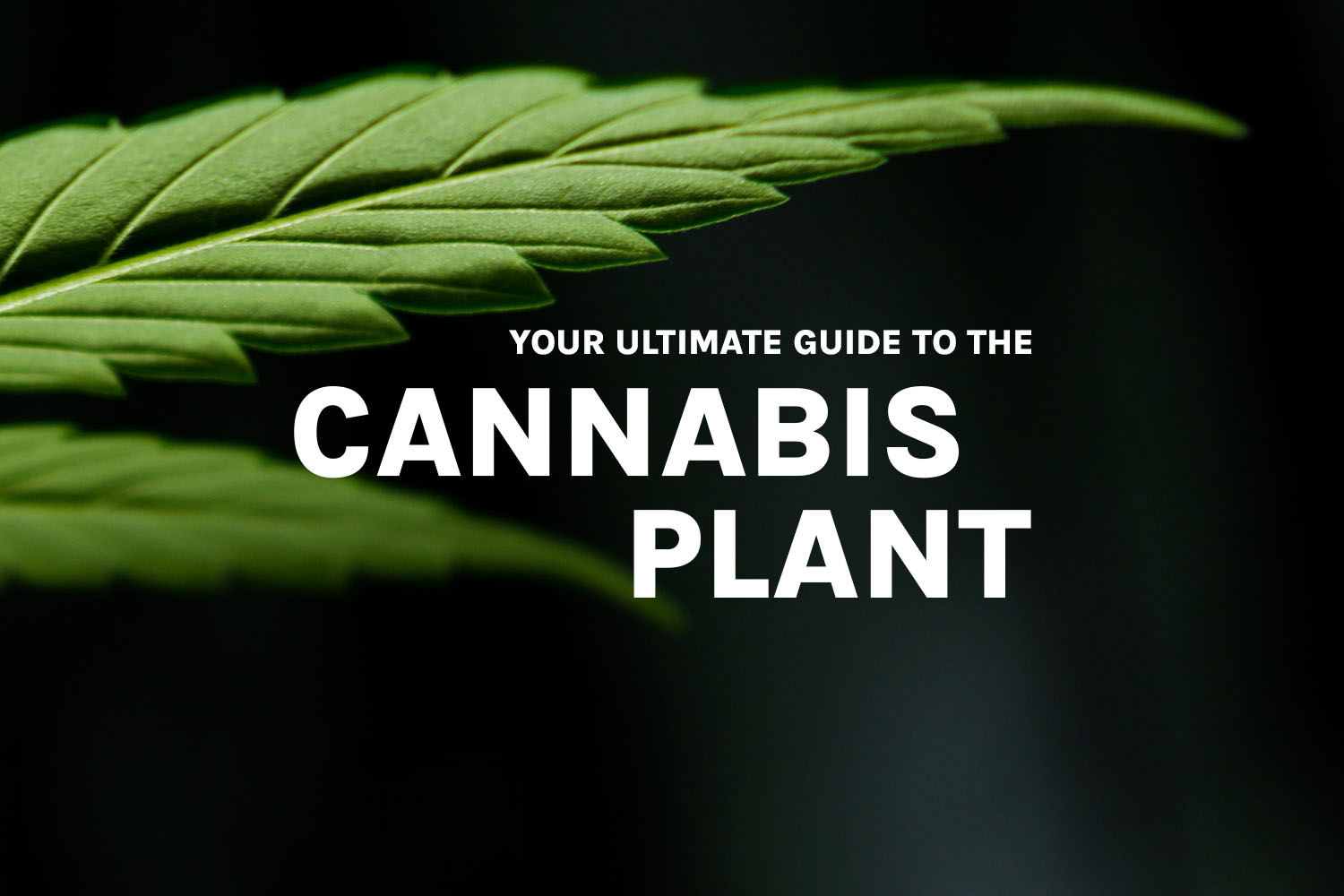Is CBD Addictive?
One of the commonly raised concerns about CBD is the possibility of a CBD addiction - this is likely due to its association with the cannabis plant, but fear not: In this article, we'll provide you with more insight into the the question "Is CBD addictive?".

Is CBD Addictive?
The most common fear faced when trying out CBD products is whether or not one could develop a CBD addiction. The simple answer is no, CBD is not addictive according to most recent studies and research. The misconception “Is CBD addictive?” can be cleared up by understanding the scientific facts surrounding CBD and its effects on the body. But first, it’s important to go over the main two compounds associated with CBD products, CBD and THC as well as their differences are.
Understanding CBD (Cannabidiol)
CBD, short for cannabidiol, is another naturally occurring chemical compound found in the cannabis plant, much like THC. It is one of over 100 cannabinoids found in the plant and is in fact, psychoactive, but unlike THC, CBD does not produce any psychotropic effects.
This means that it does not produce a “high” or alter a person’s mental state in the way that THC does. CBD is also non-intoxicating and does not impair cognitive function or motor skills, making it a safe and appealing option for those who want to experience the supportive properties of cannabis without the “high” associated with THC use.
Overall, CBD is a promising compound with a range of potentially supportive qualities and a good safety profile. However, it’s important to note that research is still ongoing, and more studies are needed to fully understand its effects on the body and the endocannabinoid system. Thus far, CBD has shown no cases or evidence of dependence or potential for abuse.
Understanding THC (Tetrahydrocannabinol)
On the other hand, Tetrahydrocannabinol (THC) is the primary psychotropic compound found in the Cannabis plant. It is responsible for the “high” feeling associated with marijuana use. When THC is ingested, it interacts with the body’s endocannabinoid system (ECS) by binding to cannabinoid receptors in the brain and central nervous system.
The effects of THC include feelings of euphoria, relaxation, increased appetite, and altered senses. These effects are what make marijuana use popular for recreational purposes.
However, THC can also have various negative effects, including anxiety, paranoia, and memory impairment. These effects are typically more pronounced with higher doses of THC or in individuals who are more sensitive to its effects. Additionally, the method of consumption can affect the intensity of the effects. Smoking or vaping THC can produce effects more quickly than consuming edibles, but the effects of edibles can last longer. This is why the legality of THC and the restrictions surrounding the compound are heavily debated.
It’s worth noting that THC has been the subject of extensive scientific research, and much of what we know about its effects on the body comes from this research. For example, a study published in the Journal of Clinical Psychopharmacology found that THC can cause acute anxiety in some individuals, while another study published in the Journal of the American Medical Association found that THC can impair memory and attention in some users.
CBD & Addiction
Addiction is often characterised by the reinforcing effects of a substance, which can motivate a person to seek out and repeatedly use the substance, resulting in substance abuse. However, research has shown that CBD does not have reinforcing effects, and therefore is not considered to be addictive.
Unlike addictive drugs, CBD does not create a compulsive drive to use the substance. Studies have demonstrated that CBD does not produce the same euphoric effects as THC and other addictive substances, which are often associated with the pleasure and reward centres in the brain that can lead to addiction.
To ensure the absence of addiction potential, it is advisable to opt for CBD products that have trace or non-detectable levels of THC, such as Broad-Spectrum CBD. Unlike Full-Spectrum CBD, Broad-Spectrum CBD is a distillation of CBD that eliminates the THC present in Marijuana or Hemp.
What do the studies say?
Several studies have investigated the potential for CBD to produce withdrawal symptoms and have consistently found no evidence to suggest that it does. For example, a study published in 2017 investigated the potential for CBD to produce withdrawal symptoms in individuals who had been using CBD. The study found that none of the participants experienced withdrawal symptoms when they stopped using CBD.
Similarly, a study in 2018 reviewed the available evidence on the safety and side effects of CBD. The authors of the review concluded that there was no evidence to suggest that the compound has the potential for abuse, dependence, or withdrawal, thus, eliminating the possibility of a CBD addiction.
Another study published in the journal Substance Abuse in 2015 investigated the potential for CBD to produce dependence in animals. The study found that CBD did not produce any signs of dependence in rats, even when they were exposed to high doses for extended periods.
These studies suggest that CBD does not produce the physical or psychological dependence that is characteristic of addictive substances. While some individuals may experience a desire to continue using CBD for its potential effects, this does not appear to be driven by the same compulsive drive to seek out and use the substance that characterises addiction, but a desire to achieve betterment for their wellness.
Summary
In conclusion, it is safe to conclude that it is not possible to develop a CBD addiction. While THC is responsible for the “high” associated with marijuana use and can have various negative and addictive qualities, CBD does not produce any psychotropic effects and has a good safety profile.
Research has shown that CBD does not have reinforcing effects, does not produce withdrawal symptoms or enforce tolerance and does not create physical or psychological dependence. CBD is a promising compound with a range of potential supportive qualities, but more studies are needed to fully understand its effects on the body to be able to properly answer the question “Is CBD addictive?”.
It is important to note that while CBD does not seem to cause addiction, it can still interact with other medications and substances in the body. Therefore, it is crucial to consult with a healthcare provider before starting taking any CBD products, especially if you are taking other medications.


